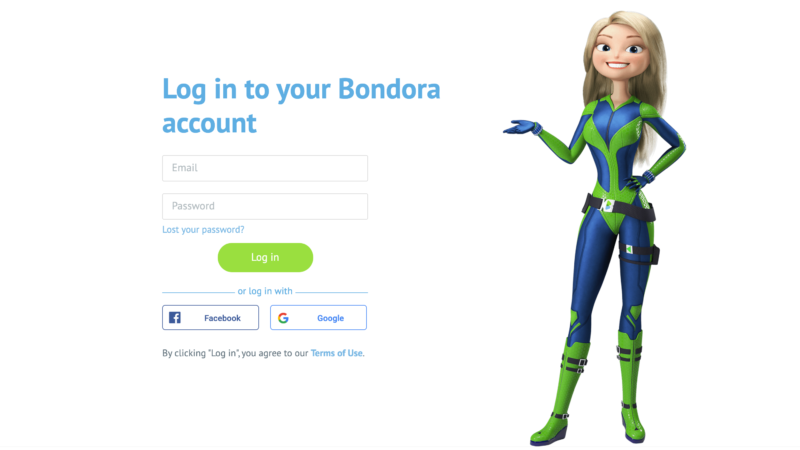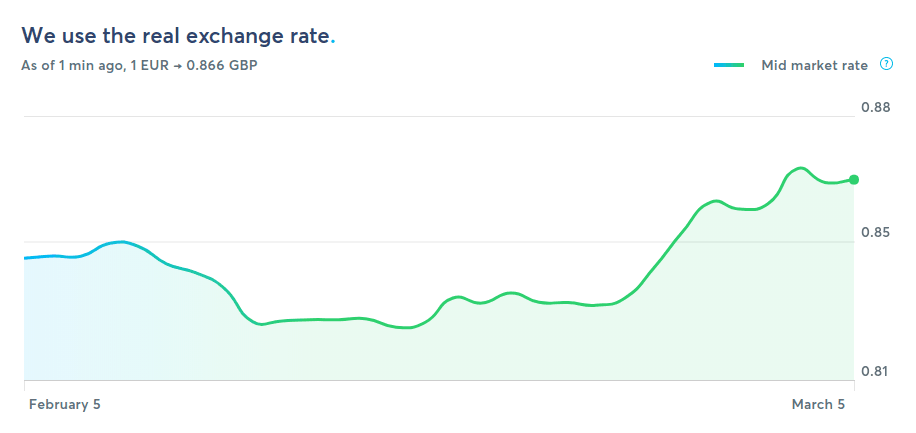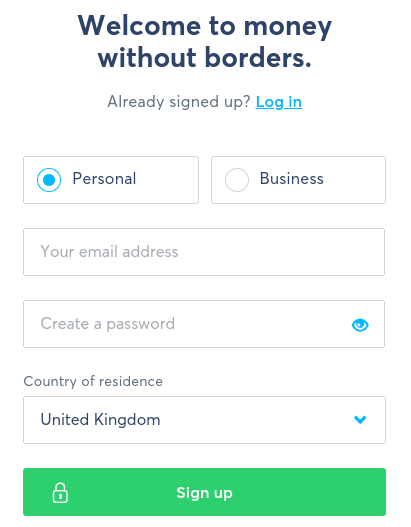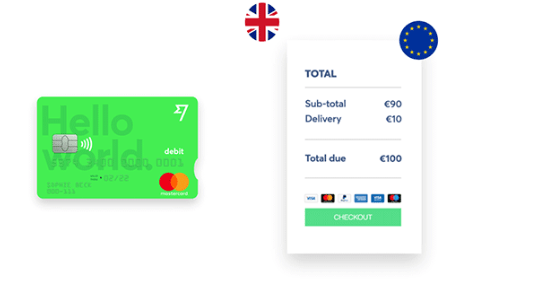One area where investors tend to waste time and money is in deposits and withdrawals to P2P platforms.
If you use the right banks, you will be able to withdraw money and deposit it without any delays or costs
Many of my readers have reached out to ask how they can avoid fees that are charged to them by their banks when withdrawing or depositing money from P2P platforms, and I can offer you a good piece of advice on that front.
I have several digital bank accounts set up that help me avoid any fees and also enable me to do currency exchanges at the best rates.
I currently use the following digital banks:
I can recommend all three of them. They all give you a free debit card as well so you can use it for shopping or when traveling. They work just like your local bank account but will likely have a better user interface, the comfort of online support and no ridiculous fees.

 Investing through online platforms has grown tremendously over the past years. Typically the two types of online investment platforms that people look for fall in these two categories:
Investing through online platforms has grown tremendously over the past years. Typically the two types of online investment platforms that people look for fall in these two categories:







